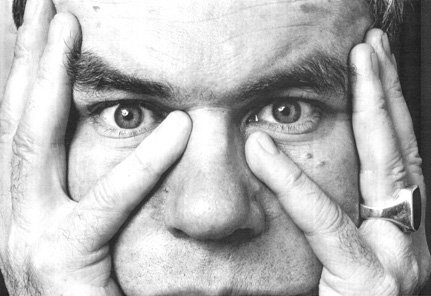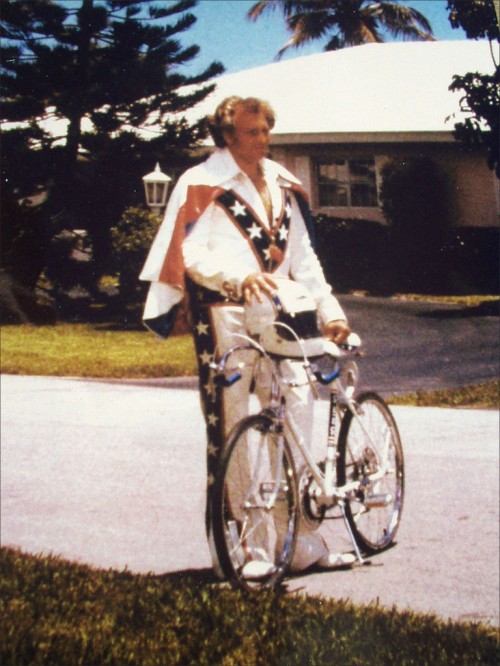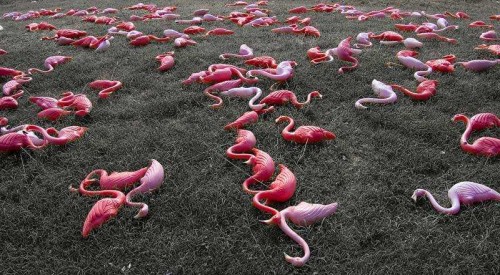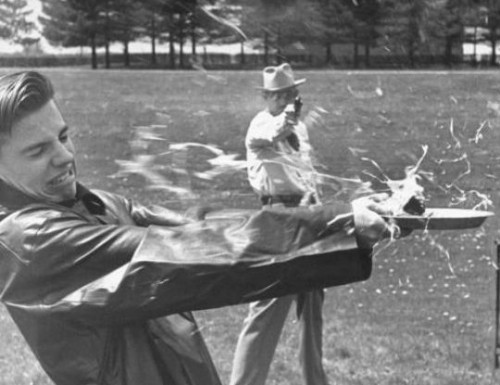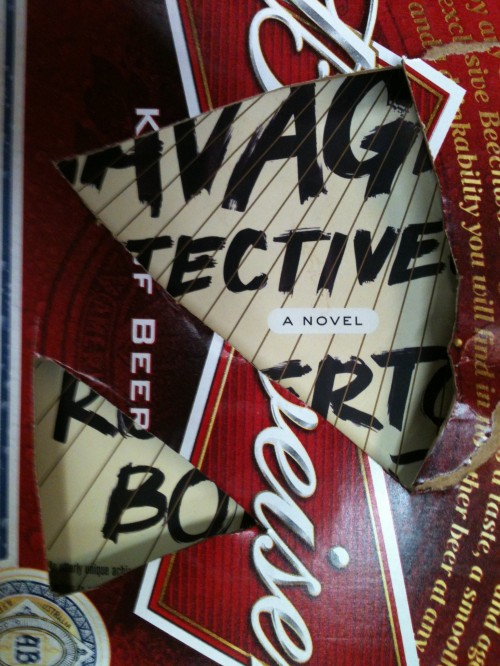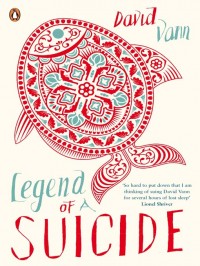 Legend of a Suicide
Legend of a Suicide
by David Vann
Harper Perennial, 2010
272 pages / $14.99 buy from Powell’s
1. If your father commits suicide, why did you write it as fiction?
2. It won 10 big awards and I bought it on EBay for three dollars, the price of half a 6 pack of Icehouse tall boys.
3. David Vann says, “I had this class once with Grace Paley in which she told us that every line in fiction has to be true. It has to be a distillation of experience, more true to a person’s life than any moment he or she actually lived. So this book is as true an account as I could write about my father’s suicide and my own bereavement, and that was possible only through fiction.”
4. Amazing descriptions of Alaska, the land, the ocean.
5. Some say experimental, but my god how conservative we must have become: there’s an abrupt (and startlingly effective) shift in POV, OK? OK.
6. Beer in a can has that metallic taste I enjoy.
7. Camus says, “But in the end one needs more courage to live than to kill himself.”
8. Suicides I have known: Christie, a former girlfriend. Andy, a kid who mooned the class in 8th grade and the suits decided to not let him graduate (a punishment we all believed was excessive even then) and shortly after he shot himself. Possibly my great-uncle ran his car into a wall, purposefully. There are stories. Suicide does not occur often in my family. Other things do.
9. For example: “Out in the channel, the lights of a convocation, twenty to thirty boats drawn together to wait for a storm to pass, for the time when they could leave the shallows and enter open ocean again. Their arrangement puzzled in a way that pleased, also: bright floodlights high up, small cabin lights, globes everywhere across their backs exposing the great nets, buffed aluminum, floats orange and red, all intermingled and reflected on waters calm as mirrors and no horizon visible, no clear seam for the surface, for water and air, reflection and light. And the only sound that of small bells, seeming to come from much further away, the bells high up on the lines of trawlers, the bells that signaled fish. No voices.”
10. I bet David Vann was pressured to make this into a memoir. Oh, I bet he was. READ MORE >




